In addition to the federal hemp laws laid out in the 2018 Farm Bill, each state has its own state hemp laws. Before we dive in on California Hemp Laws and the legality of CBD in California, it is important to understand the different types of hemp and CBD products that these laws may be applied to.
There are many (somewhat confusing) terms for hemp oil:
- Isolate or THC-Free Hemp Oil has only CBD and all other plant compounds have been removed, THC is undetectable. Pure CBD Isolate can also be purchased in powder form.
- Full-Spectrum Hemp Oil has all plant compounds, including less than 0.3% THC.
- Broad-Spectrum Hemp Oil has undetectable THC, but contains other plant compounds.
- PCR (Phytocannabinoid-Rich) Hemp Oil with Zero-THC is a new marketing term for broad-spectrum hemp oil.
- CBG Hemp Oil is a hemp oil from a cannabigerol (CBG) rich hemp strain that has more CBG than is found in CBD Hemp Oil.
- Hemp Flower is the dried and harvested flower of the hemp plant. It can be used whole or extracted to make CBD isolate, Full-Spectrum CBD, or Broad-Spectrum CBD (PCR Hemp Oil).
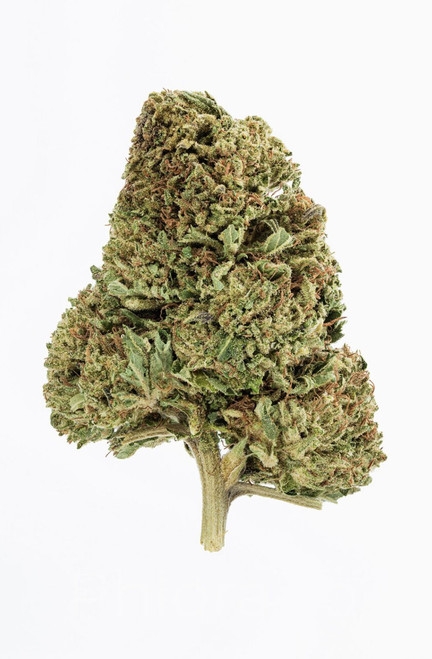
FAQ: Hemp and CBD Legality in California
Is Hemp Flower Legal in California?
Hemp flower and its cultivation is legal under California SB-153. Another piece of legislation, California AB-228 has not been decided. This bill is essentially what is keeping CBD products from being fully legal in California. The specific legality of smokable hemp has likewise not been clarified.
Is Full Spectrum CBD Legal in California?
That is a trick question because full-spectrum CBD is not the same as the so-called PCR Hemp Oil! This new marketing term is certainly introducing even more confusion around CBD products.
Surprisingly, CBD oil mat nor be entirely legal in California!
Is It Legal to Ship PCR Hemp Oil to California?
It is legal to ship ALL types of hemp products with less than 0.3% THC to California.
Where to Buy Full Spectrum CBD Oil in California?
Under California Hemp Laws, CBD products may be unlawful to sell in-state. Online options may be tolerated.
Do you need a special license to purchase PCR Hemp Oil in California?
California is not known to have any special licenses for hemp oil or CBD.
How Does California Legally Define Hemp?
Califronia has had a surprisingly hard time legally defining hemp vs marijuana. It appears that as of the passage of SB-153 all legal California hemp flower must meet their definition of hemp:
“Industrial hemp” or “Hemp” means an agricultural product, whether growing or not, that is limited to types of the plant Cannabis sativa L. and any part of that plant, including the seeds of the plant and all derivatives, extracts, the resin extracted from any part of the plant, cannabinoids, isomers, acids, salts, and salts of isomers, with a delta-9 tetrahydrocannabinol concentration of no more than 0.3 percent on a dry weight basis.
FOOD AND AGRICULTURAL CODE - FAC: DIVISION 24. INDUSTRIAL HEMP [81000 - 81015]
Growing and Selling Hemp in California
California has some surprisingly strict requirements for growing hemp. They especially require only certain certified strains to be grown. Unlike some other states, California hemp production laws are very well defined and have very specific requirements.
Hemp must comply with California hemp laws:
- Products must contain no more than 0.3% THC
- Products must come from a registered farm
- Products must be tested by a licensed laboratory
- The THC must be reported as “total THC”
In addition to California state CBD laws and the 2018 Farm Bill hemp laws, the US Food and Drug Administration (FDA) has additional requirements for CBD and hemp companies to meet.
Is CBD Legal in California?
With the long history of legal cannabis in California, it is surprising that it has taken so long for hemp legislation. Likewise, the state is legally conflicted when it comes to CBD products.
The heart of the issue is that California has its own version of the FDA laws for consumer product safety. But, California legally defines 'adulterants' in a way that is different that the FDA. Until California passes AB-223, CBD will continue to be considered a potential adulterant in situations where the FDA has not.
CBD products are commonly bought and sold in California despite it existing in a legal gray area. Enforcement actions could be taken under the Sherman Law if the state or local health departments choose to invoke it.
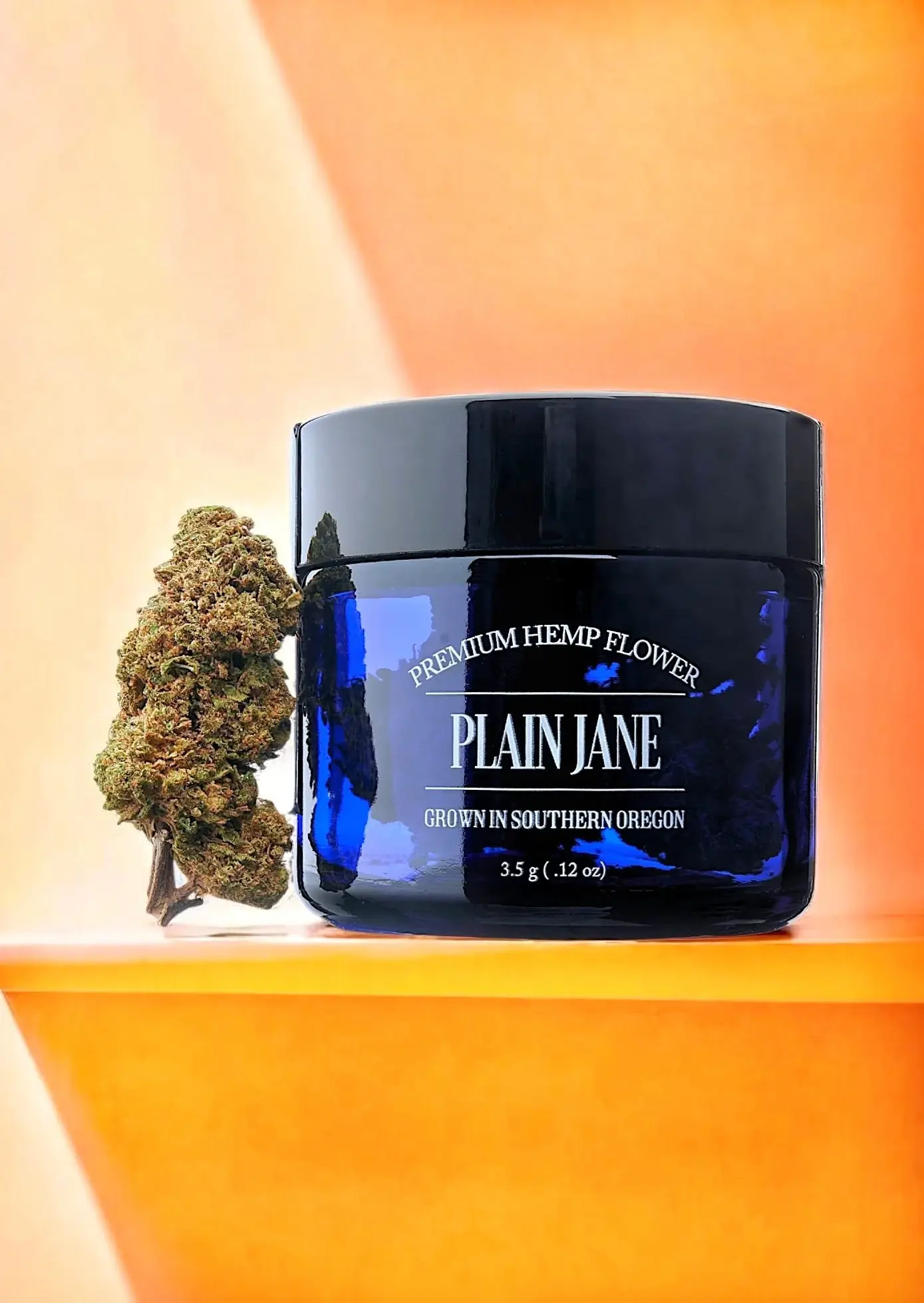
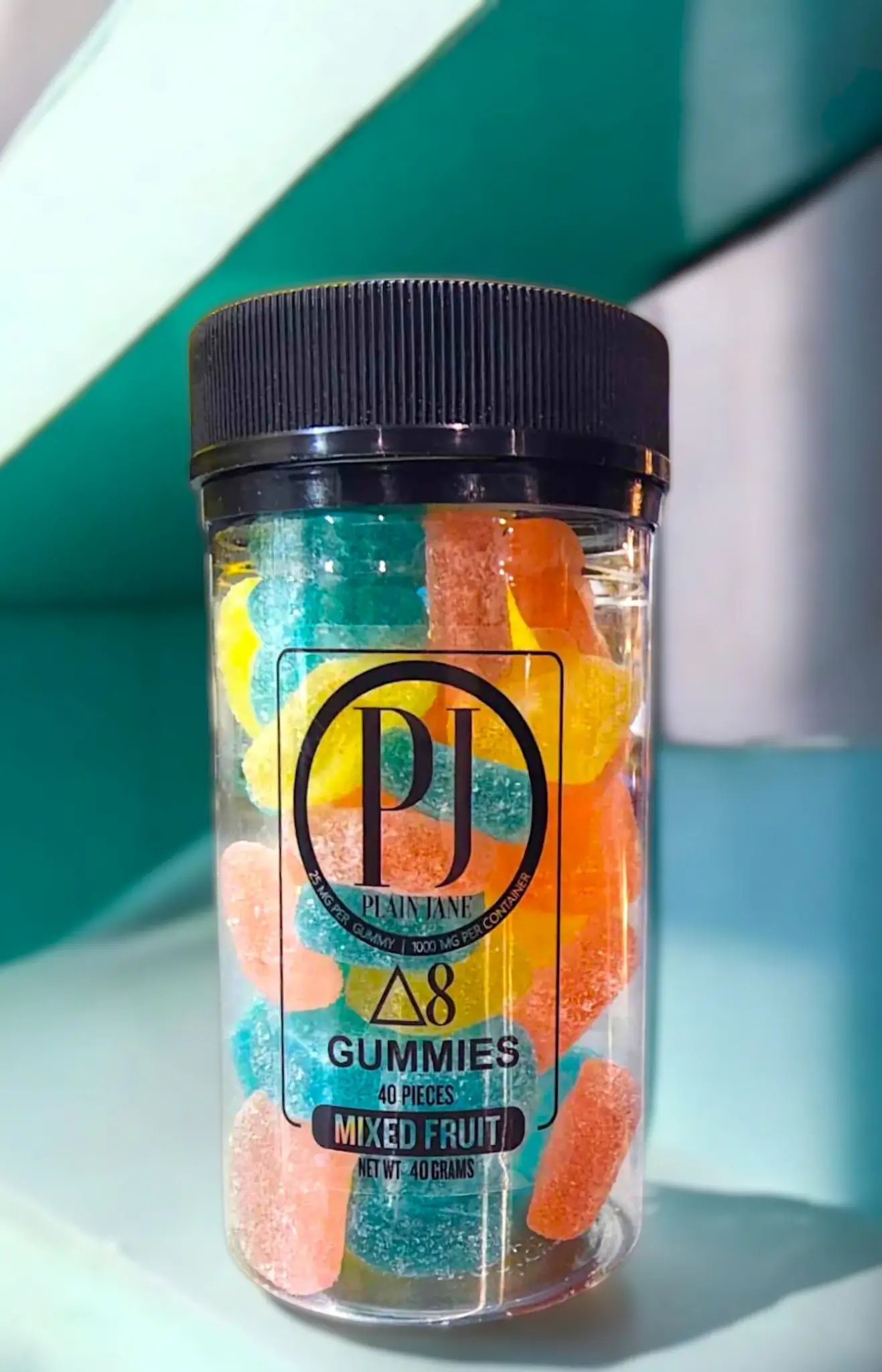
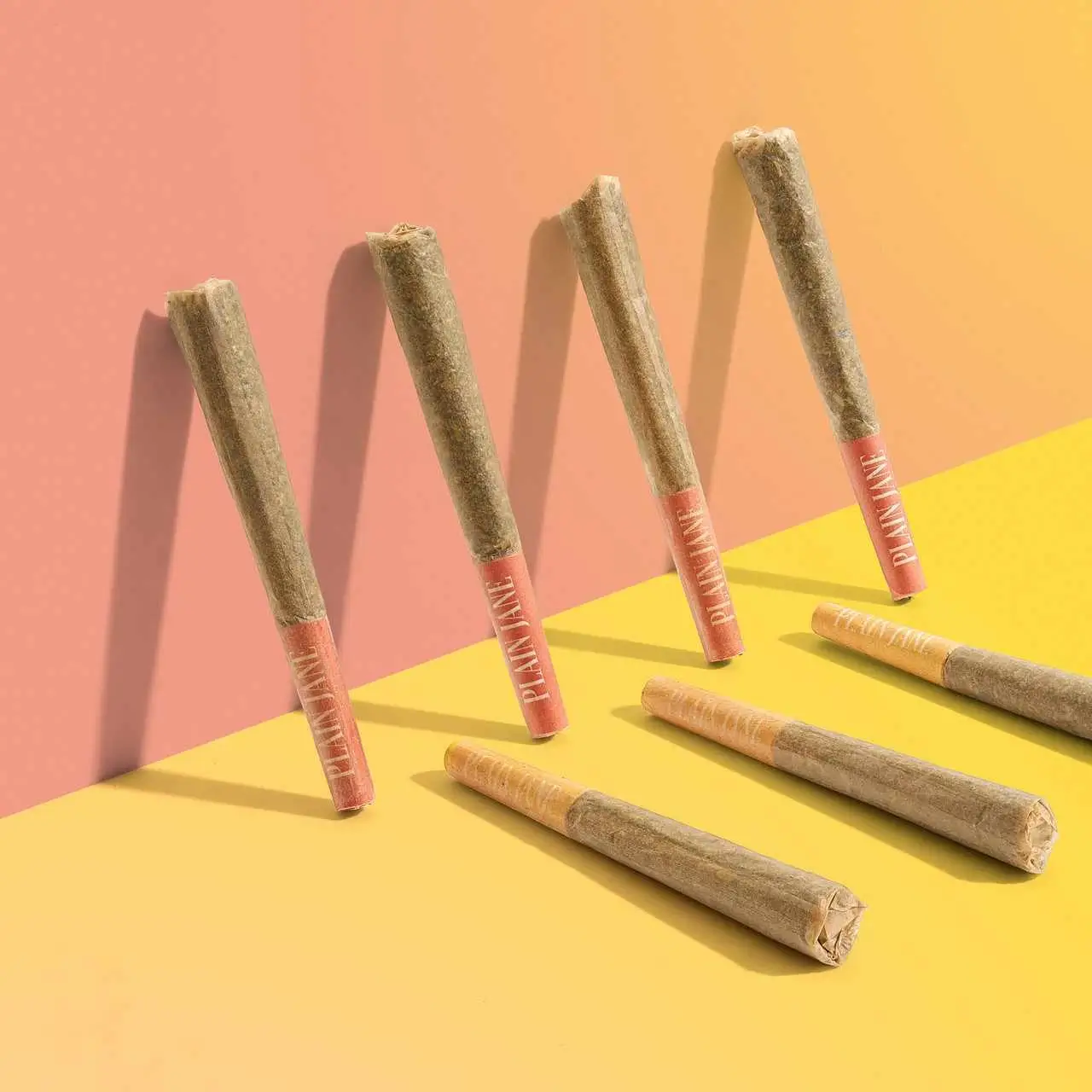

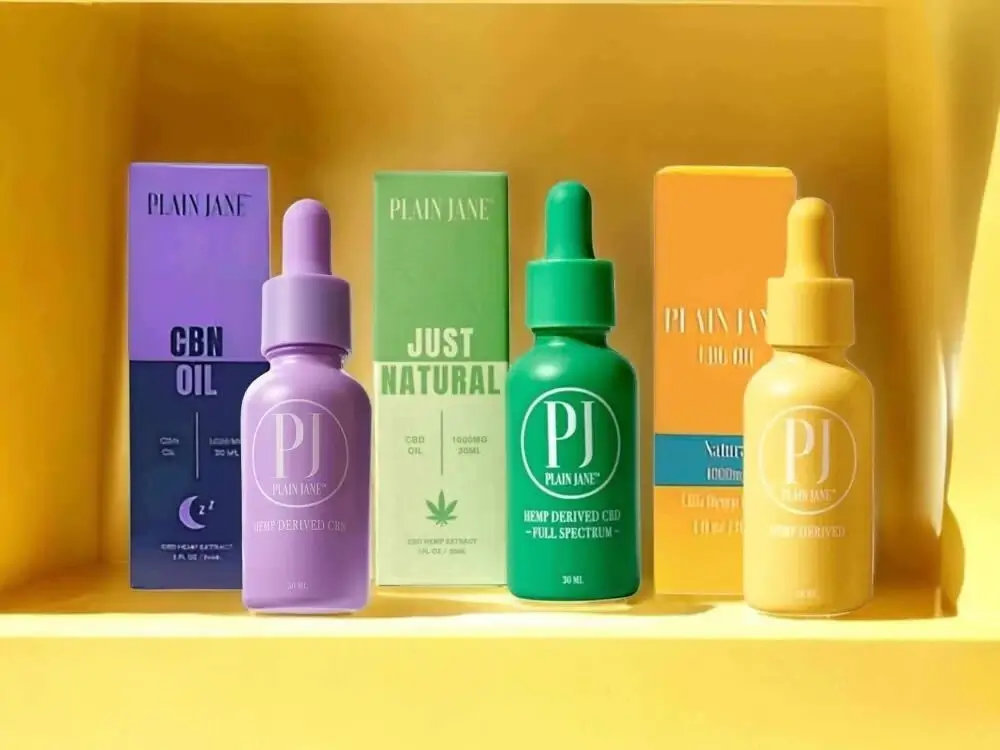

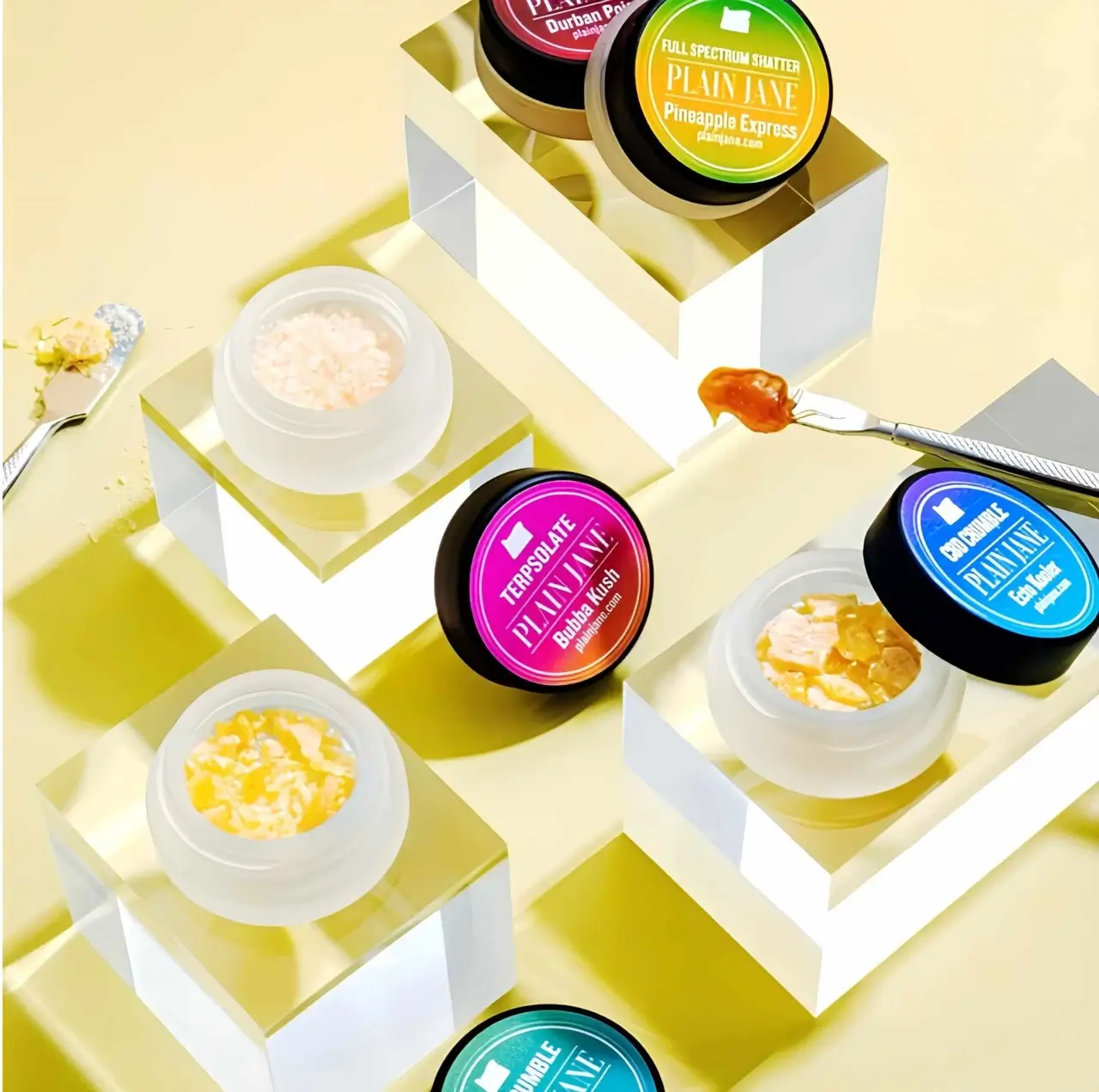
0 comments